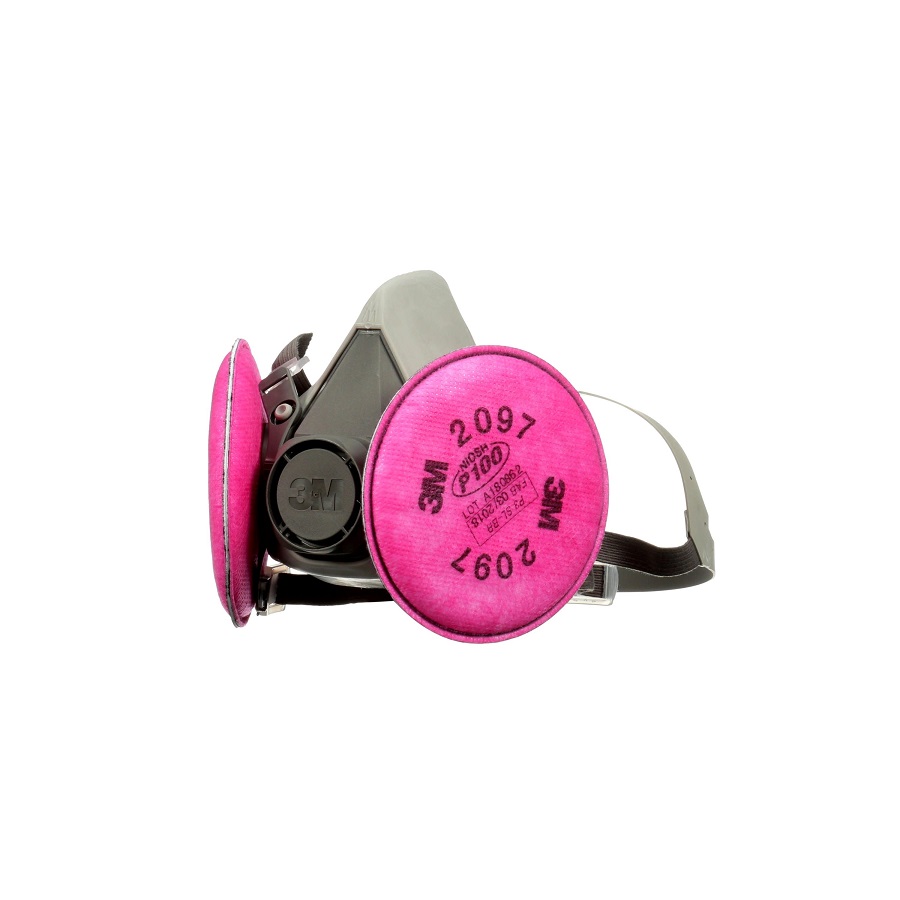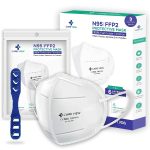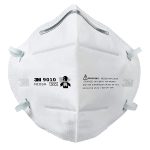Introduction
In the wake of public health crises such as the COVID-19 pandemic, the importance of wearing effective face masks for personal and community safety has become increasingly clear. Among the various mask options available, N95 masks equipped with High-Efficiency Particulate Air (HEPA) filtration have emerged as one of the leading choices for maximum protection. This article delves into the benefits of N95 HEPA masks and aims to serve as a comprehensive guide for understanding their role in safeguarding health.
What are N95 HEPA Masks?
Understanding N95 and HEPA Filters
N95 masks are respirators that filter out at least 95% of airborne particles, making them effective in preventing the inhalation of harmful pathogens. The “N” in N95 signifies that the mask is not resistant to oil, while “95” indicates its filtration efficiency level, meeting rigorous standards set by the National Institute for Occupational Safety and Health (NIOSH).
HEPA filters, or High-Efficiency Particulate Air filters, must remove 99.97% of particles that are 0.3 microns or larger in size. These filters are widely used in various industries, including healthcare, because of their ability to trap dust, pollen, mold spores, and other allergens and pathogens.
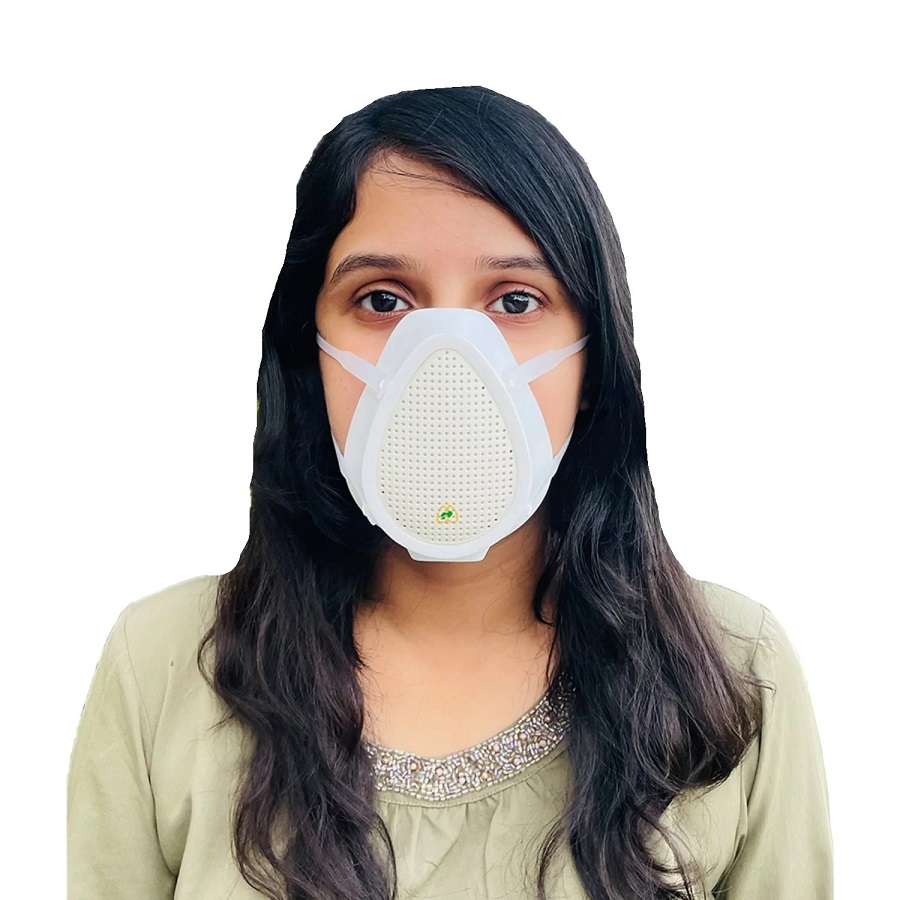
Composition of N95 HEPA Masks
N95 HEPA masks combine the protective benefits of N95 respirators with HEPA filtration technology. This layered design focuses on maximizing safety, comfort, and usability. These masks typically consist of multiple layers, including:
- A non-woven outer layer that provides structural integrity and resistance to moisture.
- Electrostatic filter media that captures small and large particles effectively.
- A comfortable inner layer for user convenience, which might include additional moisture-absorbing materials.
Key Benefits of N95 HEPA Masks
1. Superior Filtration Efficiency
One of the primary advantages of N95 HEPA masks is their unparalleled filtration efficiency. By effectively filtering 95% of particles, these masks provide superior protection against airborne pathogens, including viruses and bacteria.
Prevention of Viral Transmission
Research indicates that N95 masks significantly reduce the risk of viral transmission, particularly in healthcare settings. THEY are far more effective than cloth masks or surgical masks for providing a barrier against respiratory droplets that could contain infections.
2. Enhanced Breathability
Improved Design and Comfort
Although traditionally criticized for being difficult to breathe in, advancements in N95 HEPA mask design have made them much more comfortable to wear for extended periods. Recent models incorporate:
- Ventilation features that minimize heat buildup.
- Adjustable straps to provide a secure fit without causing discomfort.
- Flexible materials that contour to the face, ensuring an airtight seal without compromising comfort.
3. Effective Protection from Allergens and Pollutants
Seasonal Allergies and Air Quality
Individuals suffering from seasonal allergies can significantly benefit from wearing N95 HEPA masks. The high-efficiency filtration helps to block pollen, dust mites, mold spores, and particulate matter from entering the respiratory system, which is crucial during allergy seasons.
Moreover, N95 HEPA masks also offer protection against air pollutants, particularly in urban areas. For those exposed to hazardous air quality due to wildfires, industrial emissions, or vehicular pollution, wearing these masks can decrease the health risks associated with long-term exposure.
4. Occupational Safety
Workplace Applications
N95 HEPA masks are essential for various occupations that expose workers to airborne hazards. Healthcare professionals, construction workers, and laboratory personnel, among others, require maximum respiratory protection. The masks help to minimize:
- Exposure to infectious diseases in healthcare settings.
- Inhalation of hazardous chemicals or particulates in industrial environments.
- Respiratory distress in dusty work environments, such as agriculture or renovations.
5. Extended Wear Capability
Durability and Maintenance
Many N95 HEPA masks are designed for extended use, making them a practical choice in scenarios requiring prolonged wear. Although they are typically disposable, some models can be safely reused when:
- Stored correctly in a clean and safe environment.
- Visually inspected to ensure they remain intact without damage or soiling.
Moreover, ongoing research into decontamination methods has enabled healthcare facilities to reuse N95 masks safely, increasing their lifespan while sustaining maximum protection.
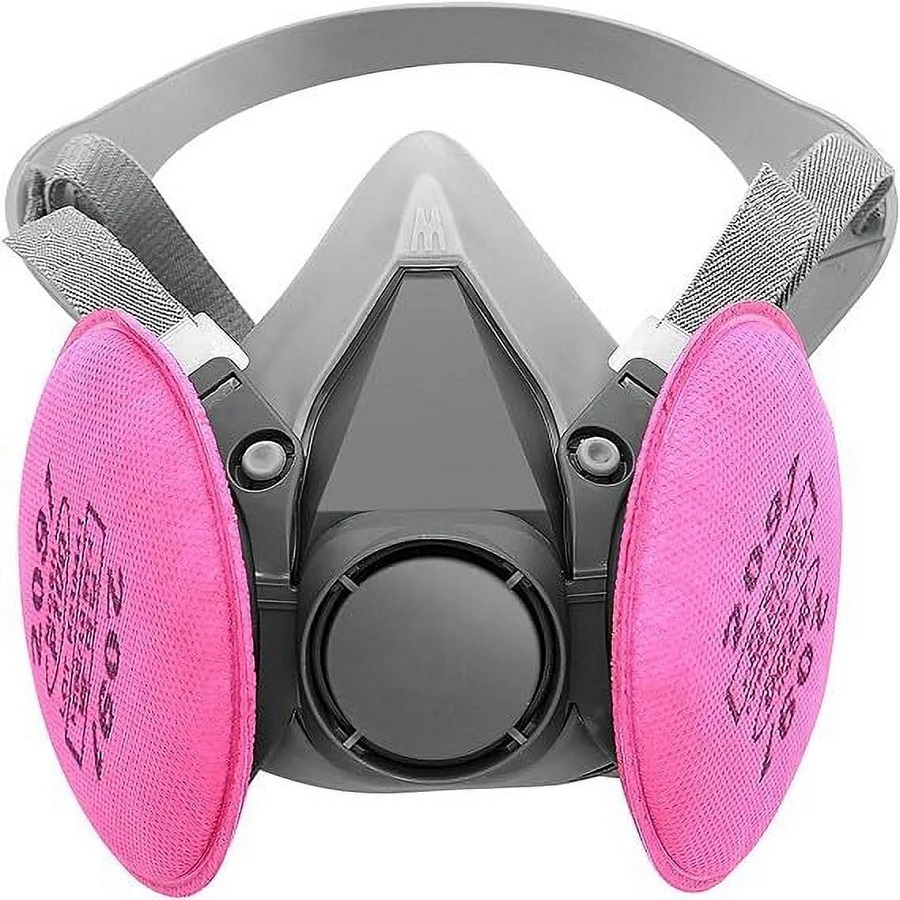
How to Properly Use N95 HEPA Masks
1. Proper Fit and Seal
Ensuring Effectiveness
For N95 HEPA masks to function effectively, it’s essential to ensure a proper fit. An airtight seal is crucial to avoid any leakage of unfiltered air around the edges of the mask. Follow these guidelines to achieve a secure fit:
- Perform a fit test, which may include both qualitative and quantitative assessments.
- Adjust the nose piece properly to conform to your face shape.
- Ensure the mask covers both the nose and mouth without gaps.
2. Correct Usage and Maintenance
Dos and Don’ts
To maximize the protective benefits of N95 HEPA masks, keep these dos and don’ts in mind:
- Do wash your hands before putting on the mask.
- Do replace the mask if it becomes damaged, soiled, or damp.
- Don’t touch the front of the mask while wearing it, to avoid contamination.
- Don’t reuse a disposable mask unless it has been properly decontaminated.
3. Storage Guidelines
Caring for Your Mask
Proper storage of N95 HEPA masks is essential to maintain their effectiveness over time. Store masks in:
- A clean, dry place away from direct sunlight.
- A designated container to avoid contact with contaminants or dust.
Frequently Asked Questions
1. Can N95 HEPA Masks Be Washed and Reused?
While traditional N95 masks are designed for single use, some can be reused if they are properly cared for. However, washing or disinfecting these masks can compromise their filtering efficiency. Always follow manufacturer guidelines for safe reuse and decontamination.
2. Are N95 HEPA Masks Suitable for Children?
There are N95 masks designed specifically for children, but parents should always ensure that the mask fits correctly. It’s also essential to verify that the product has been tested for efficacy and safety for younger users.
3. How Do N95 Masks Compare to Surgical Masks?
N95 masks offer a significantly higher level of filtration compared to surgical masks. Surgical masks are primarily designed to protect the wearer from large droplets and also limit the spread of respiratory secretions. N95 masks, in contrast, provide a tighter seal and a higher filtration efficiency for airborne particles.
Common Misconceptions About N95 HEPA Masks
1. N95 Masks Are Only for Healthcare Workers
One of the widespread misconceptions surrounding N95 masks is that they are only necessary for healthcare workers. While it is true that these masks are essential in medical environments, they also provide significant protection for the general public in various settings. Individuals living in areas with poor air quality, seasonal allergies, or those attending crowded events can benefit from the use of N95 masks. In situations such as wildfires, public gatherings, or during outbreaks of infectious diseases, wearing an N95 HEPA mask can help protect personal health.
2. N95 Masks Can Be Used Indefinitely
Another misconception is that N95 masks can be reused indefinitely. While some users believe that simply storing the mask away for a while will render it safe for future use, the reality is more sophisticated. N95 masks are designed mainly for single use due to contamination risks and degradation over time. Some may be reused following specific guidelines for decontamination, but the efficacy of the mask must be verified before each use. Users should be aware of visible signs of wear or damage and should take care to replace any masks that show signs of deterioration, such as moisture or visible tears.
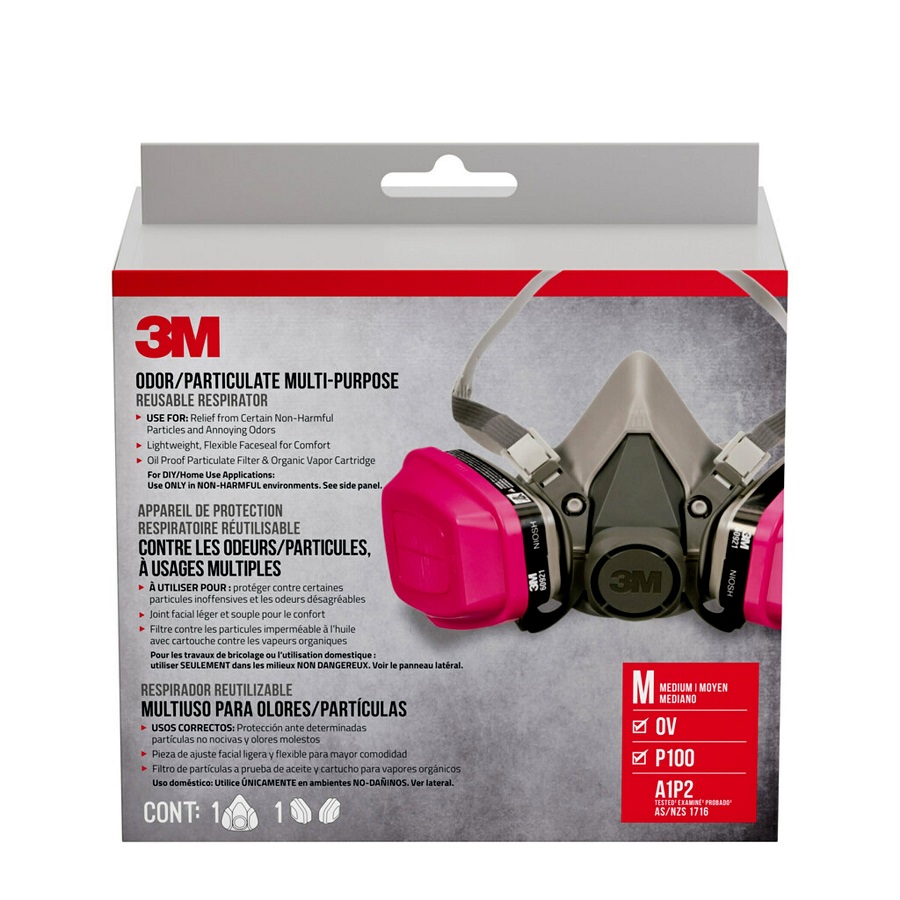
3. Any Mask Will Provide the Same Level of Protection
Many people may assume that all masks offer a similar level of protection against airborne particles, which is misleading. Cloth masks, surgical masks, and N95 masks all serve different purposes and levels of filtration. While cloth masks may reduce the transmission of respiratory droplets, they do not offer the same high level of filtration provided by N95 HEPA masks. Surgical masks help limit the spread of respiratory secretions but do not offer the same fit or filtration efficiency as N95 masks. Therefore, relying on less protective masks in high-risk environments can lead to increased exposure to harmful pathogens.
Conclusion
In conclusion, N95 HEPA masks offer exceptional protection against airborne pathogens, allergens, and pollutants, making them a vital tool for personal and public health, especially in high-risk environments. As the world continues to grapple with health challenges, the importance of reliable respiratory protection cannot be overstated.
By understanding the benefits of N95 HEPA masks, proper usage techniques, and their role in occupational safety, individuals can make informed choices to maximize their health and safety. Investing in high-quality masks ensures not just personal protection but contributes to the broader community’s well-being.
Whether you are a healthcare professional, a construction worker, or simply someone seeking to improve your respiratory health, N95 HEPA masks represent a comprehensive solution for maximum protection. Always adhere to best practices for wearing and maintaining these protective devices to reap the full benefits of their advanced filtration capabilities.
